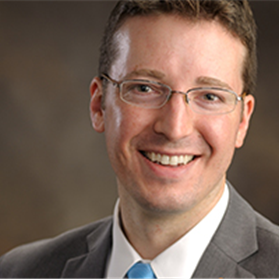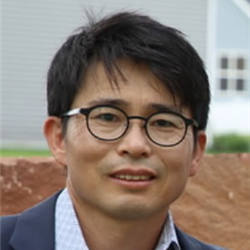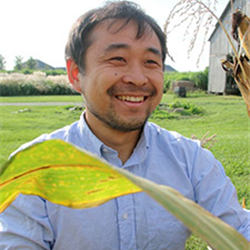Using a data-driven and integrated modeling framework, Sustainability researchers are developing the predictive capability to determine which feedstock combinations, regions and land types, market conditions, and bioproducts have the potential to support the bioeconomy. Key areas of emphasis are to obtain a mechanistic understanding of the plant, soil, microbe, and climate interactions that underlie the productivity and ecosystem services of different feedstocks, and on investigating the technological and economic pathways to a sustainable and resilient bioeconomy. The Sustainability Theme will provide CABBI’s environmental and economic lens, closing the loop on an integrated research program.
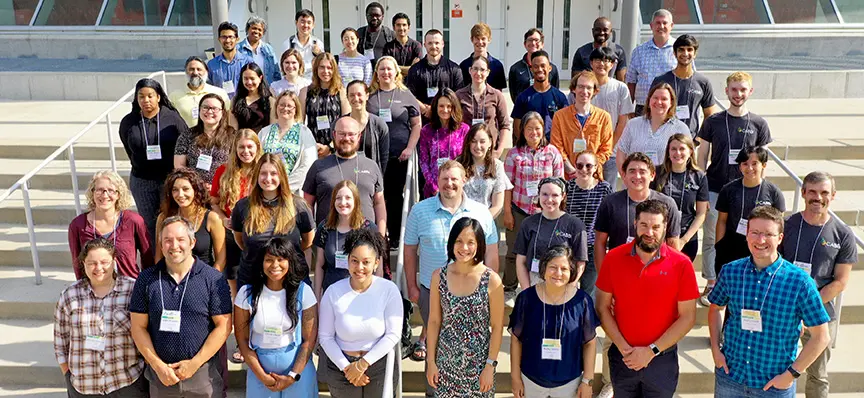
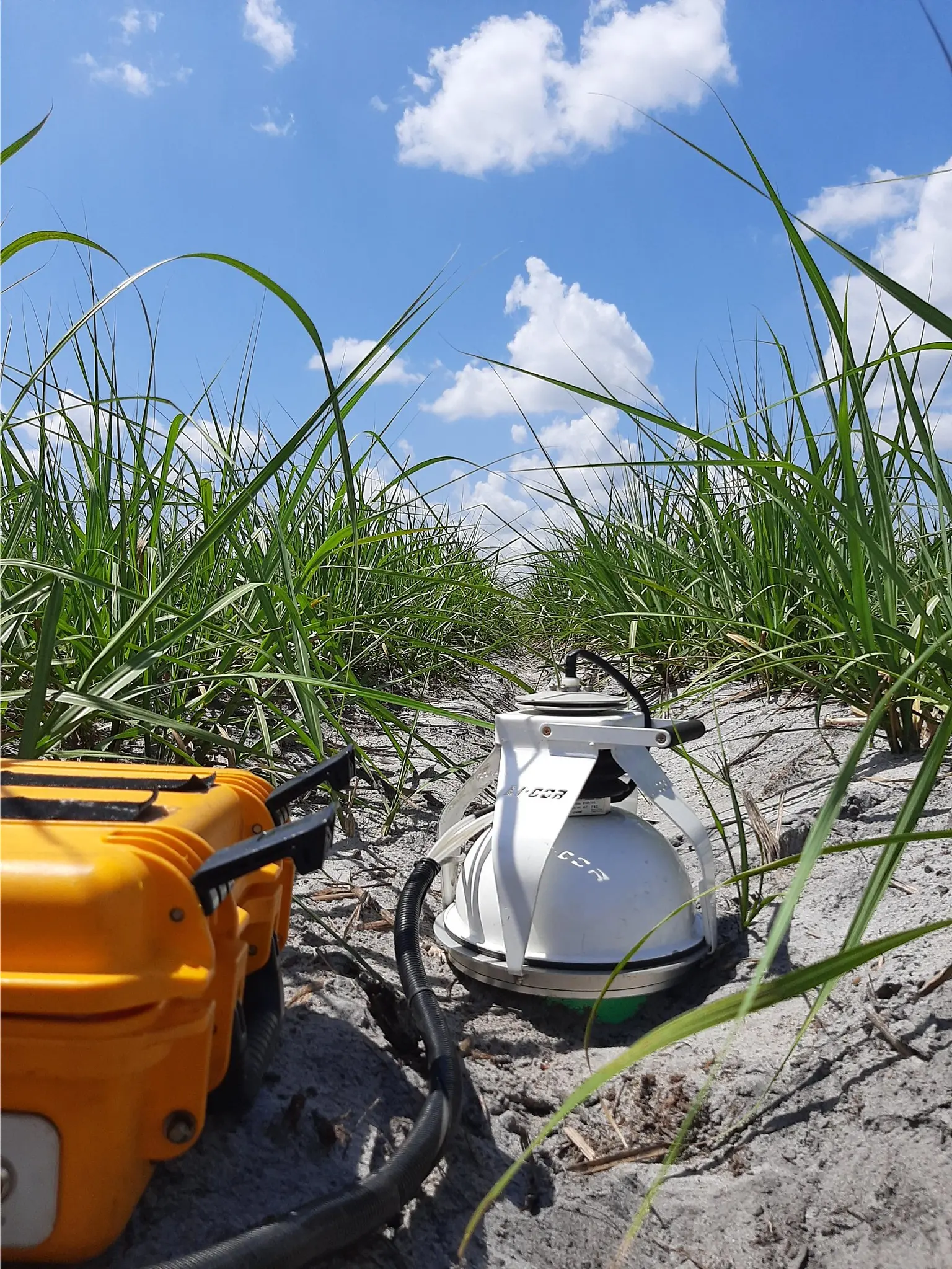
The Challenges
Addressing a limited understanding of:
- Ecosystem processes related to carbon, nitrogen, and water cycling to enable predictions of ecoystem services and yield of CABBI bioenergy crops grown across the rainfed U.S. and under climate change
- Refinery-scale techno-economic and life cycle understanding of the feedstock conversion process
- Economic viability and resilience of biomass production
The Solutions
Providing an overarching integration to CABBI by:
- Translating data from the Feedstock Production and Conversion Themes using a systems context
- Predicting the combinations of feedstocks, land types and regions, market conditions, and biorefinery design and deployment pathways that are support a bioeconomy
- Leveraging a model-data integration framework across scales from ecosystem processes to the biorefinery to the bioeconomy as a whole
- Developing the capability to evaluate policy incentives and assess economic viability and resilience under climate- and market-induced volatility
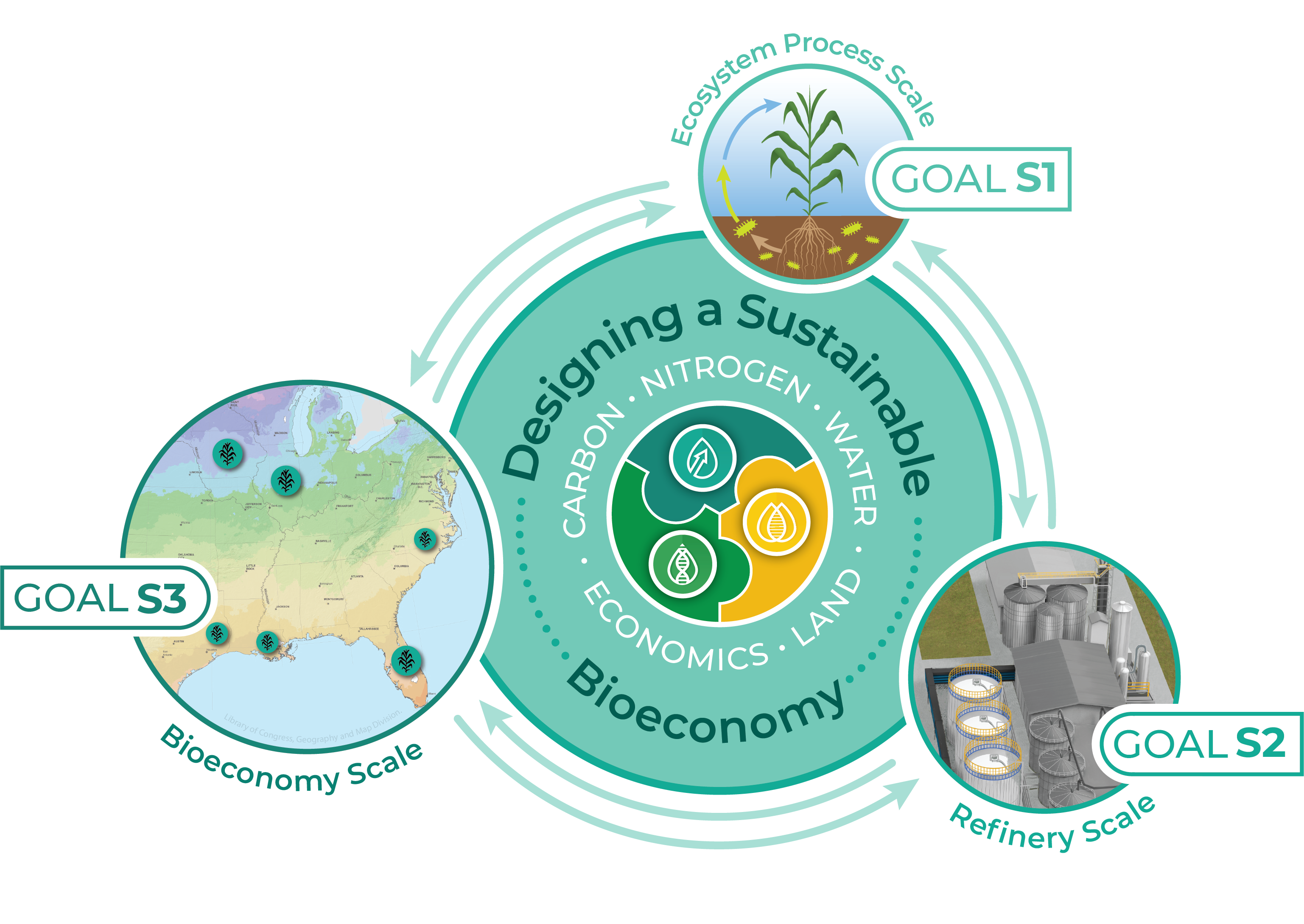
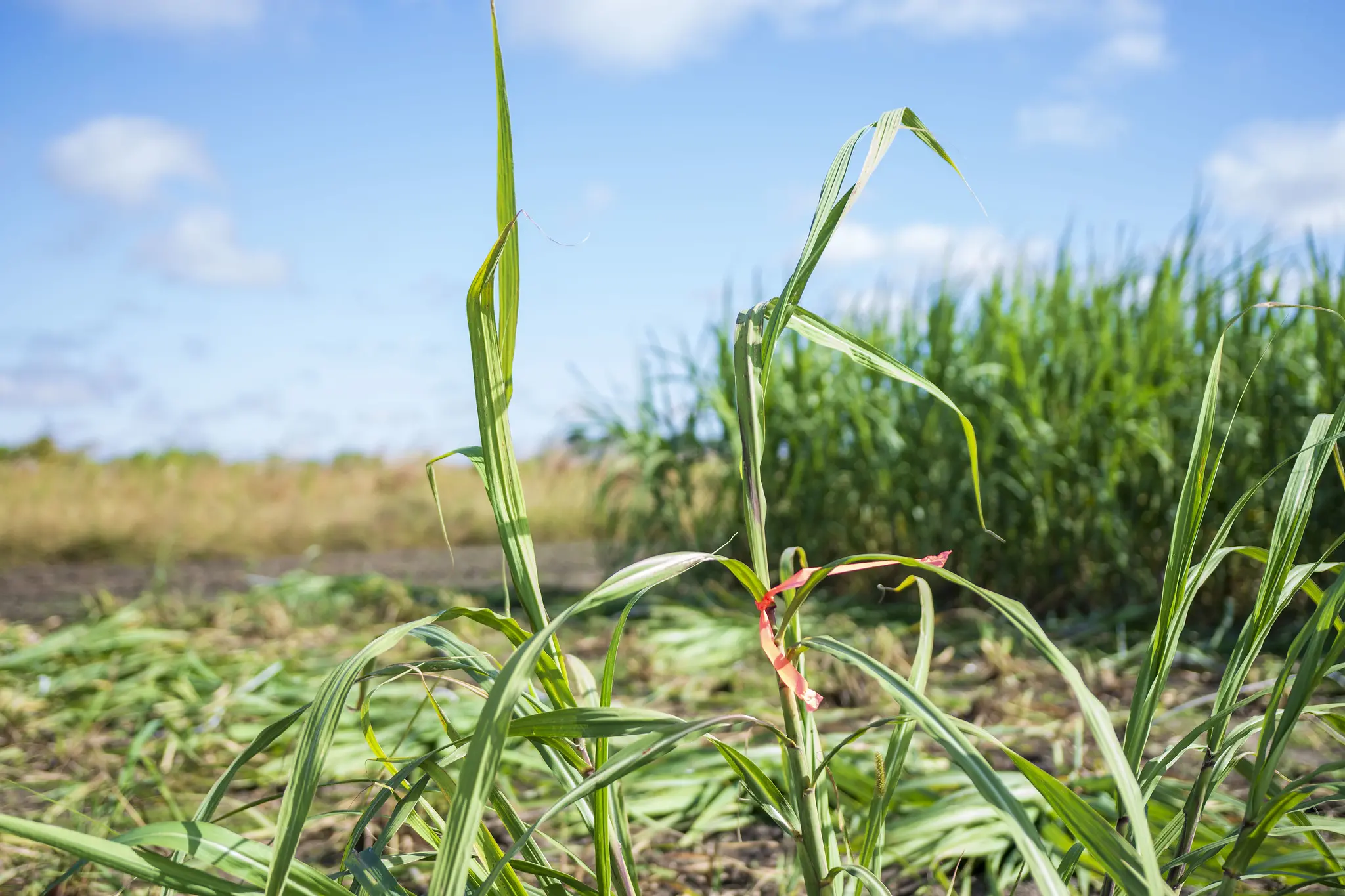
The Goals
- Improve mechanistic understanding of ecosystem processes related to carbon farming, nutrient loss reduction, and water fluxes (S1)
- Innovate resilient and sustainable feedstocks-to-products pathways at refinery scale (S2)
- Design sustainable bioeconomy landscapes from field to regional scales (S3)



